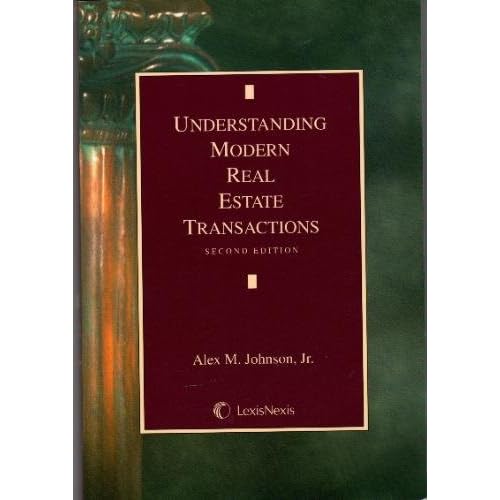No surprise. When it comes to real estate, an attorney will likely draft a contract dealing with objects/subjects in his 'reality'--as in what he is comfortable with (why expect otherwise?).
If one knows who one is (i.e. the "true you" vs "legal entity") its not that difficult. If one is seeking allodial/full title--OK... First one might want to get the statutory entity that has a claim ("the seller") to vacate its claim (Warranty Deed or Warranty & Quitclaim Deed) [the Real Estate Sales Agreement outlines the terms/conditions/consideration of doing so right?). After one does that, one can still do a lis pendens and/or quiet title proceeding. If one gets the gist of this paragraph then it would be obvious that at times it might be best to go in two stages that logically ought to follow one after the other.
The "real estate purchase process" seems complicated probably because it was made complicated and the standard contract presumes not only mortgage but "residential sale/purchase" rather than private sale/purchase. Some of the chub is for the protection of a bank providing a mortgage. It might be helpful to become skilled in distinguishing just what is key in the process for protecting a purchaser vs what is for a bank vs what is for protecting a seller. An honest purchaser would likely wish to see to it that a win-win situation results.
So one can simply have a trust in the box (with an address like 1000 House Street, New York, New York 12345" and then after getting the warranty deed or the like proceeding to perfect a higher claim to than the trust using true name or some other strategy or method.
Apart from the presumption of mortgage or FANNIE MAN/FHA/HUD involvument and apart from the statutory notices (such as those about lead or environmental hazards) the reason a real estate contract or purchase process might seem or be held to be complicated might be because of lack of trust or safeguard pertinent to using an escrow company (i.e. being able to pay the seller without the seller taking your money without making out the warranty deed--there are obvious ways to do this without an escrow company).
Key factors to consider in a cash sale (and oddly it can be a challenge to find solid information on a cash sale): purchase price (that they will take U.S. currency, ping bong balls or the like), an agreement to sell, when title passes, whether there will be a down payment, how/when/where title will pass, how/when/where possession will pass, what personalty (i.e. non fixture stuff such as beds or a TV or nice rug) will be sold, maintaining evidence.
The "standard agreement" is typically crafted by attorneys and finds its 'home' in "legal land", "Residentia" or "Publica".
As typical I would direct folks that really want remedy/answers to one or more good books and one of the best law books on the topic that is over and above the pop-bookstore-fastfood-variety is:

Understanding Modern Real Estate Transactions, Second Edition [Paperback]
Jr. Alex M. Johnson (Author) (Amazon->)
http://www.amazon.com/Understanding-...6718778&sr=8-7.
To reiterate: if one is seeking private or allodial title, a two-stage process might be best: (1) using a legal entity in the State/County to 'clear/settle' the "property claim"--cash sale. Then (2) after that taking it out of the box.
As for title insurance: it might be suffice to have a seller produce their current title insurance certificate with the abstract of title they got from their title company and then add that to your evidence pile (perhaps certified copies?). Also, getting a title search, an abstract of title and subsequently a title commitment (a title company saying "Based on our title search or other information we have, we will provide you title insurance.") rather than getting title insurance can be helpful for putting the property back up for 'standard sale'. (I might have a title search done, get copies of the seller's title paperwork and get a title company to write out a title commitment but NOT get title insurance--as in creating evidence in my favor).
Clearly: take away mortgage verbiage, title companies involvement or appraisal companies expecting $$$, its possible to greatly see how to simplify a 'real estate' transaction.
P.S. It is likely that the typical sale of a "parcels" is not sale of dirt and soil but of a 'right of occupation' or something of those lines.
Related: Pedis possessio, a book titled "Conquest By Law" (land fraud, deception conspiracy exposed even to the extent of hiding court cases).
http://www.amazon.com/Conquest-Law-D...6720295&sr=8-1







 Reply With Quote
Reply With Quote